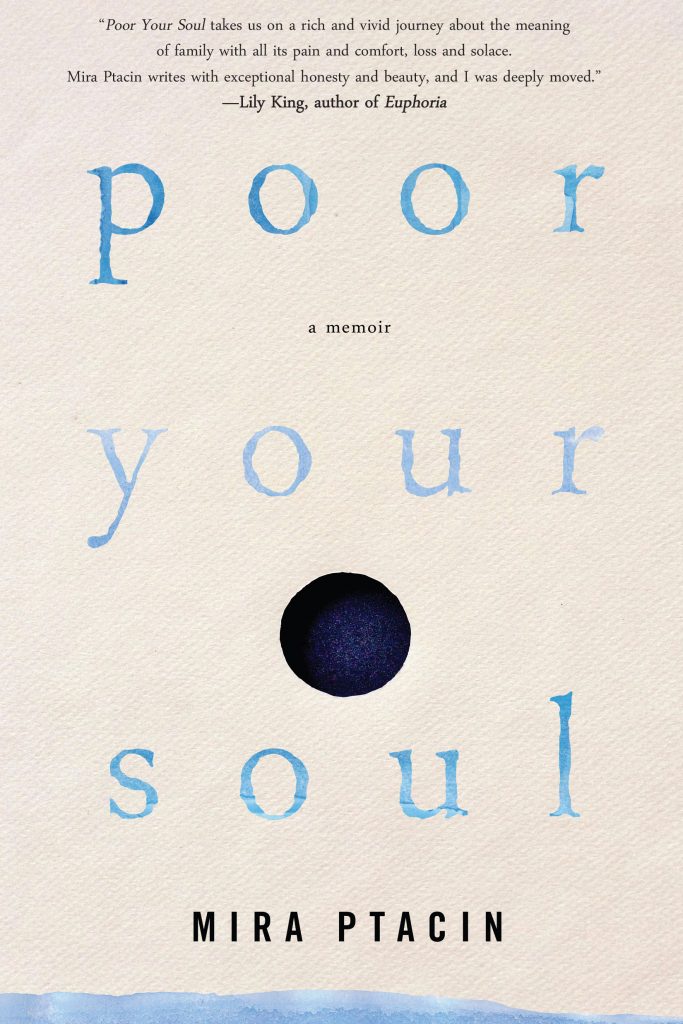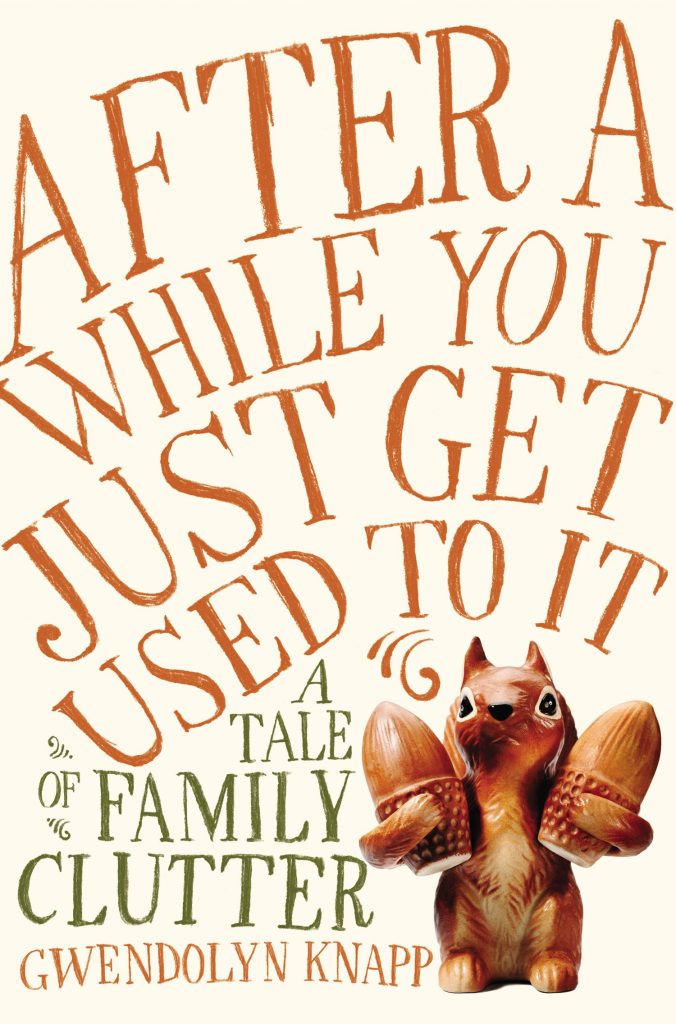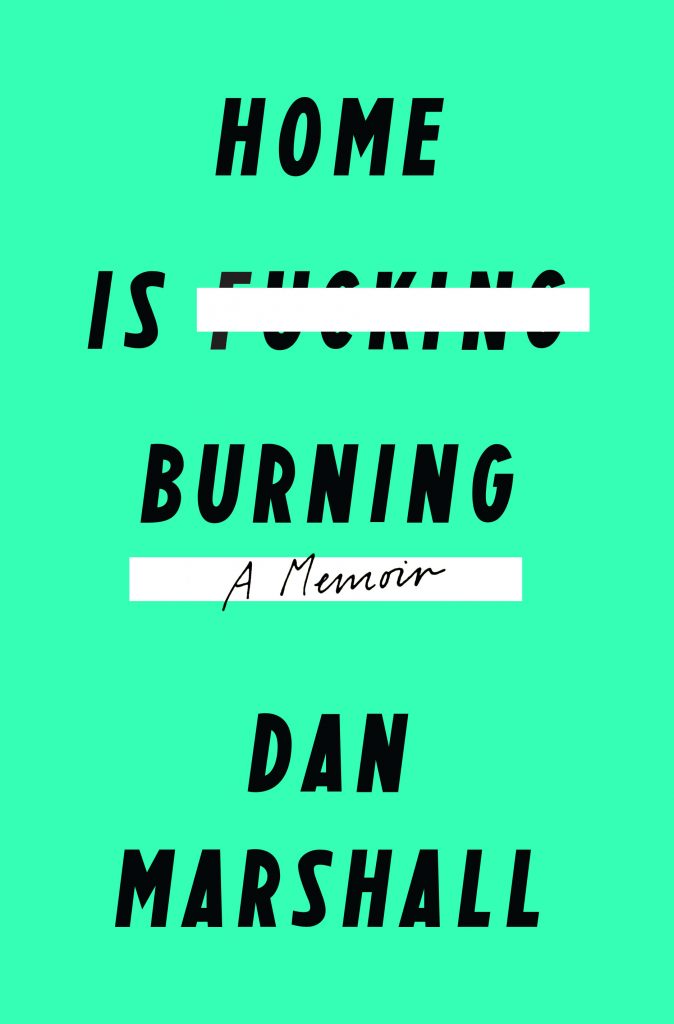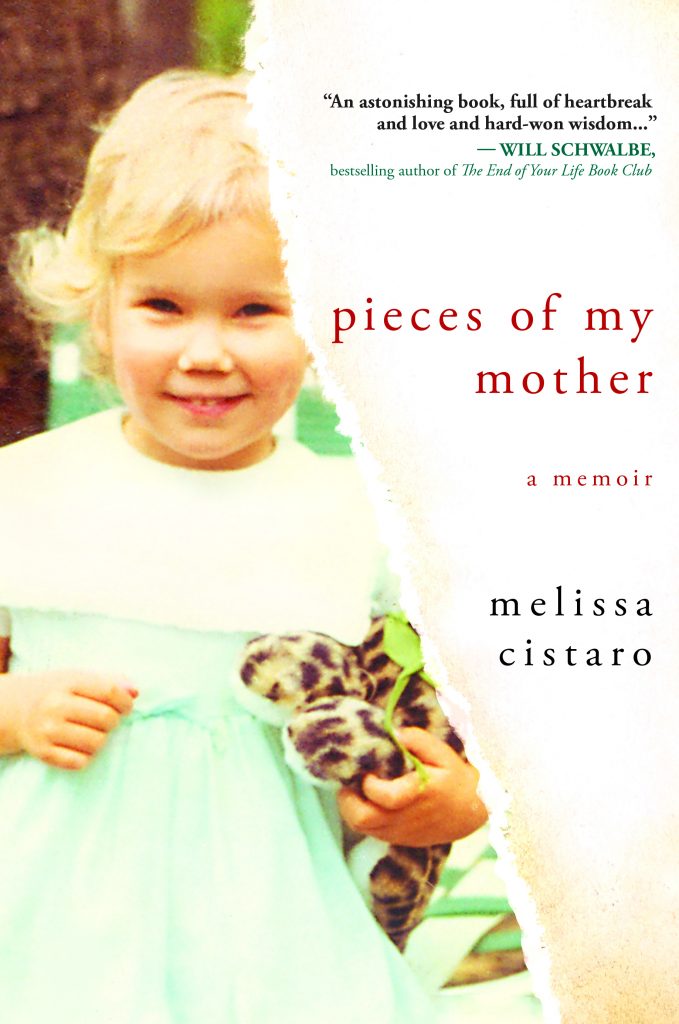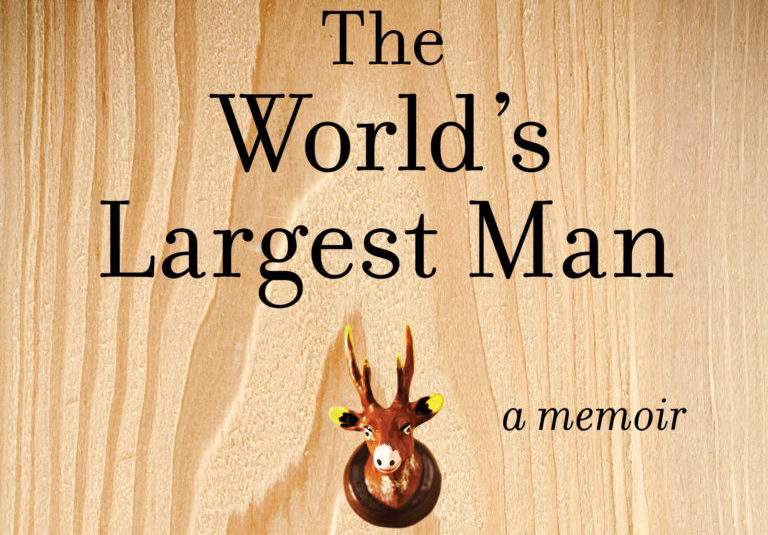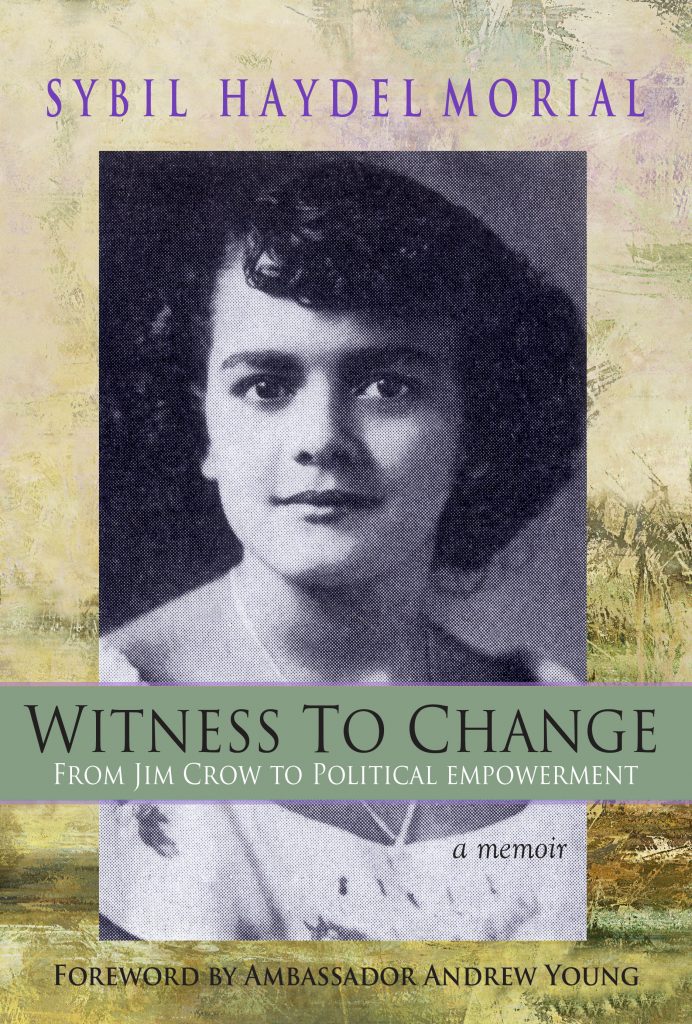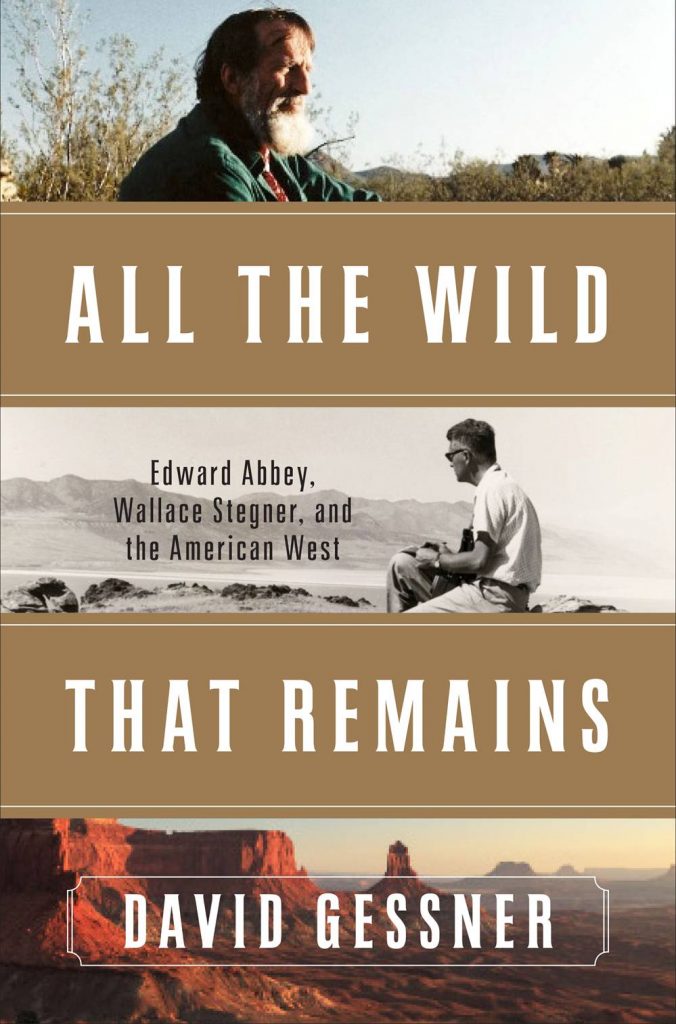On “My Father, The Pornographer”: An Interview with Chris Offutt
“When I first started [writing] fiction, I avoided sex scenes because there aren’t that many ways to write about sex, and I did not want to write pornographically like my dad, so I just sort of skipped over those parts. I eventually realized, this is a part of life, and I just have to figure out a way to write about it, so I use metaphor more to describe sex.”
On “My Father, The Pornographer”: An Interview with Chris Offutt Read More »


